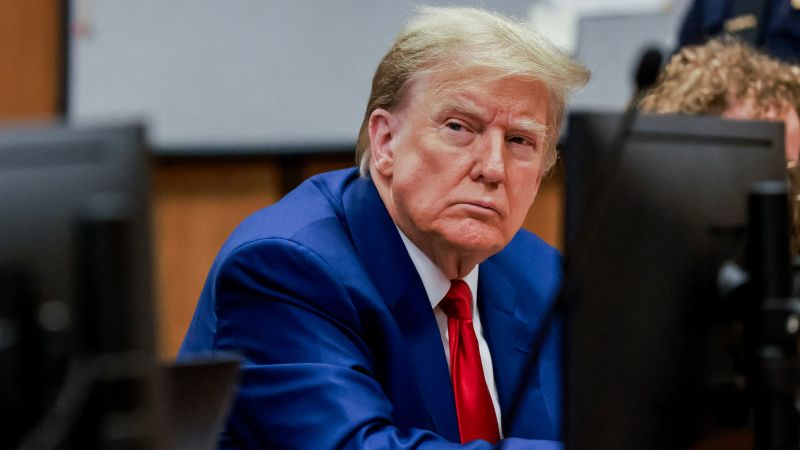In Georgia, a judge ruled against former President Donald Trump, upholding a criminal indictment against him for attempting to overturn the 2020 election results in the state. The judge rejected Trump’s defense that his actions were protected under the First Amendment, signaling a significant legal setback for the former president. This ruling comes as part of a larger investigation into Trump’s attempts to influence the election results in Georgia, which have been the subject of intense scrutiny and controversy since the 2020 election.
The criminal indictment against Trump in Georgia is a significant development in the ongoing legal challenges facing the former president in relation to the 2020 election. The judge’s decision to reject Trump’s argument that his actions were protected under the First Amendment sets an important precedent in how such cases are handled. The ruling indicates that Trump’s efforts to overturn the election results are not shielded from legal consequences, even if they are deemed to be political speech.
Trump’s legal team has been fighting vigorously to have the case against him dismissed, arguing that his actions were within his rights as a private citizen and did not constitute a criminal offense. However, the judge’s decision to uphold the indictment suggests that there is sufficient evidence to proceed with the case against Trump. This ruling could have broader implications for other legal challenges against Trump and his allies related to the 2020 election, as it establishes a legal precedent for holding individuals accountable for their attempts to undermine the electoral process.
The ruling in Georgia is just one of many legal battles facing Trump in relation to the 2020 election. The former president has been involved in numerous lawsuits and investigations across multiple states, as well as facing impeachment charges in Congress. The outcome of these legal challenges could have far-reaching implications for Trump’s political future and his legacy as a former president. The decision in Georgia to reject Trump’s defense could set the stage for further legal proceedings and potentially impact the outcome of other cases against him.
The judge’s ruling in Georgia underscores the importance of upholding the integrity of the electoral process and holding individuals accountable for their attempts to undermine it. Trump’s efforts to overturn the election results in Georgia and other states have been widely criticized as undemocratic and destructive to the democratic process. The legal challenges against Trump serve as a reminder that no one is above the law, even a former president, and that attempts to subvert the electoral process will not be tolerated.
Overall, the judge’s decision to reject Trump’s bid to have the case against him dismissed in Georgia is a significant development in the ongoing legal challenges facing the former president. The ruling upholds the criminal indictment against Trump and sets an important precedent for holding individuals accountable for their actions in relation to the 2020 election. As the legal proceedings continue, the outcome of these cases could have broad implications for Trump’s future and the integrity of the electoral process.


